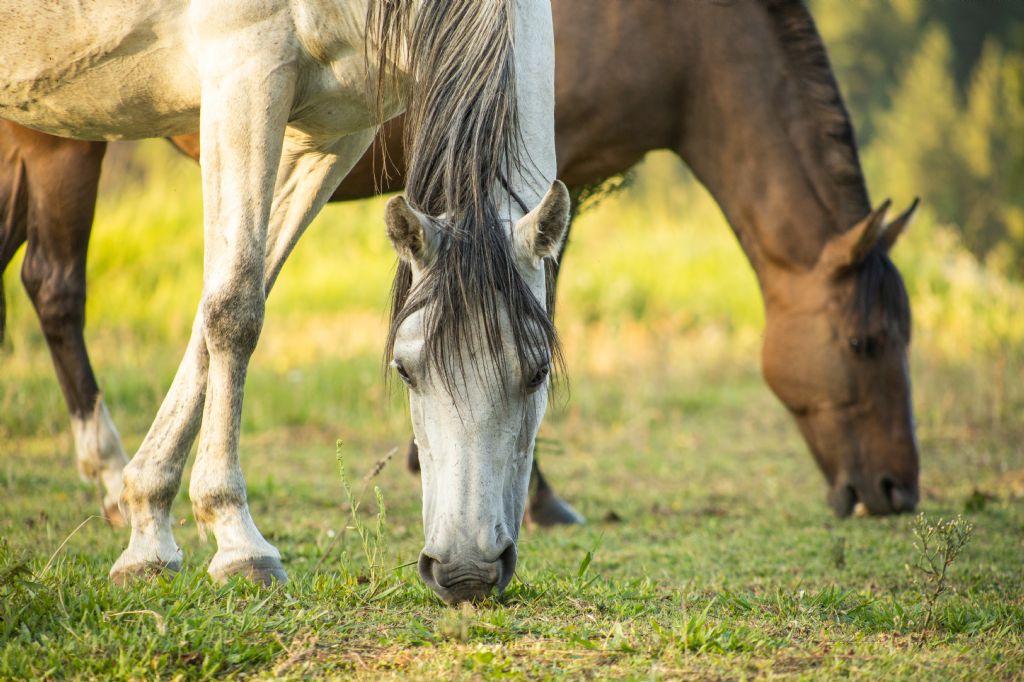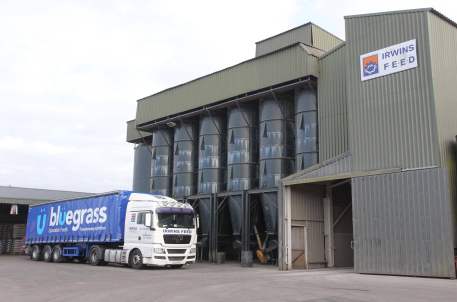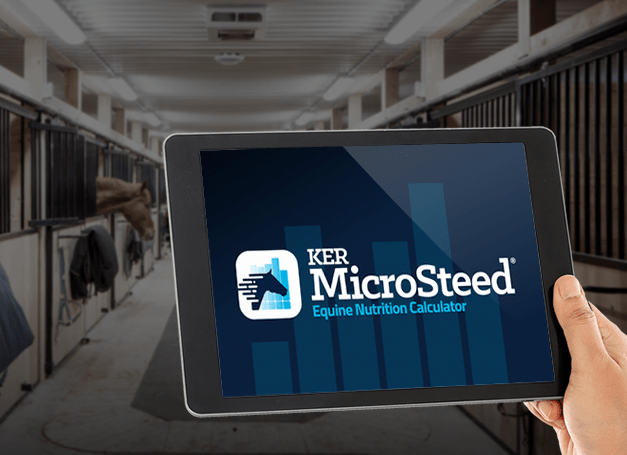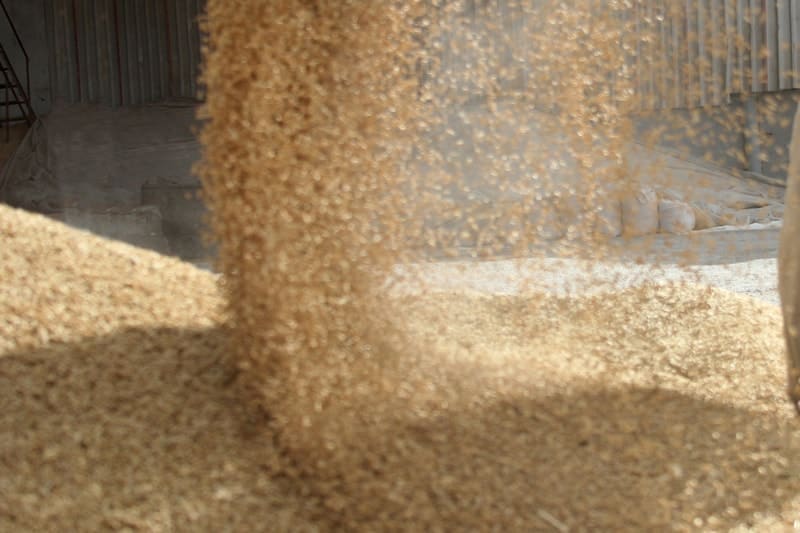Bluegrass News
After a competition, day out hunting, or racing, knowing what to feed after exercise is vital to achieve rapid recovery and get your horse back into tip-top shape for the next day out.
There are three key considerations identified with feeding post-exercise;
- Replenishment of muscle glycogen stores
- Muscle repair and recovery
- Rehydration
The fuel (energy) source used by your horse during exercise depends on the type and intensity of exercise they are doing. Glycogen is a valuable energy source to horses during exercise and repletion of muscle glycogen stores are vital after intense exercise, if there is insufficient glycogen replenishment early fatigue can occur impacting negatively on performance. Some studies have indicated that highly soluble carbohydrate feeds (containing oats and other grains), given closer to post exercise can positively impact glycogen resynthesise. It is important to note however, that concentrate meals are recommended not be given less than 1.5hours post exercise. Products such as Bluegrass Hi-Performance mix, Competition Range, Fastrak cubes and Racehorse cubes all contain high quality soluble carbohydrates to promote rapid glycogen resynthesise.
Intense or prolonged exercise can also lead to muscle tissue damage and oxidative stress. Natural vitamin E is a highly effective antioxidant compared to synthetic forms and is included within Bluegrass performance feeds to reduce free radicals and control oxidative stress damage. Protein is also important for muscle recovery; amino acids are the horses building blocks for muscle repair and development. The protein source is just as important as the quantity included in the feed, high quality protein sources will include amino acids such as lysine, known as the first limiting amino acid in the horse’s diet. Bluegrass Stamm 30 contains high quality proteins, vitamins and minerals, fortified throughout the Bluegrass performance feed range.
Electrolyte and water lost in sweat can lead to dehydration causing nerve and muscle disturbances, colic and ultimately impact negatively on performance. Electrolytes are made up of minerals; sodium, potassium, chloride, calcium and magnesium. During high intensity work or when sweat is lost, it is good practise to supplement with a non-glucose-based electrolyte. At Bluegrass Horse Feed we recommend always providing a non-flavoured salt block or adding 30g of salt per day into your horses feed. Electrolytes stimulate the thirst reaction and help to encourage water intake.
Top Tip: Mix electrolytes into Bluegrass Turmash to disguise the taste and encourage water intake.
Points to consider:
- Avoid a rest day after a competition or day out hunting to prevent exertional rhabdomyolysis. Hack, hand graze or turn out to a paddock on the day after hard exercise.
- Consider gut health, travelling and exercising away from home can be stressful which can ultimately lead to an upset in the gut microbiome balance. Supplementing with probiotics can help to retain this balance, such as Bluegrass Stamm 30 balancer which contains live yeast cultures.
- Give forage/ fibre after exercise, hay has been shown to encourage the thirst response and will help with water intake.












